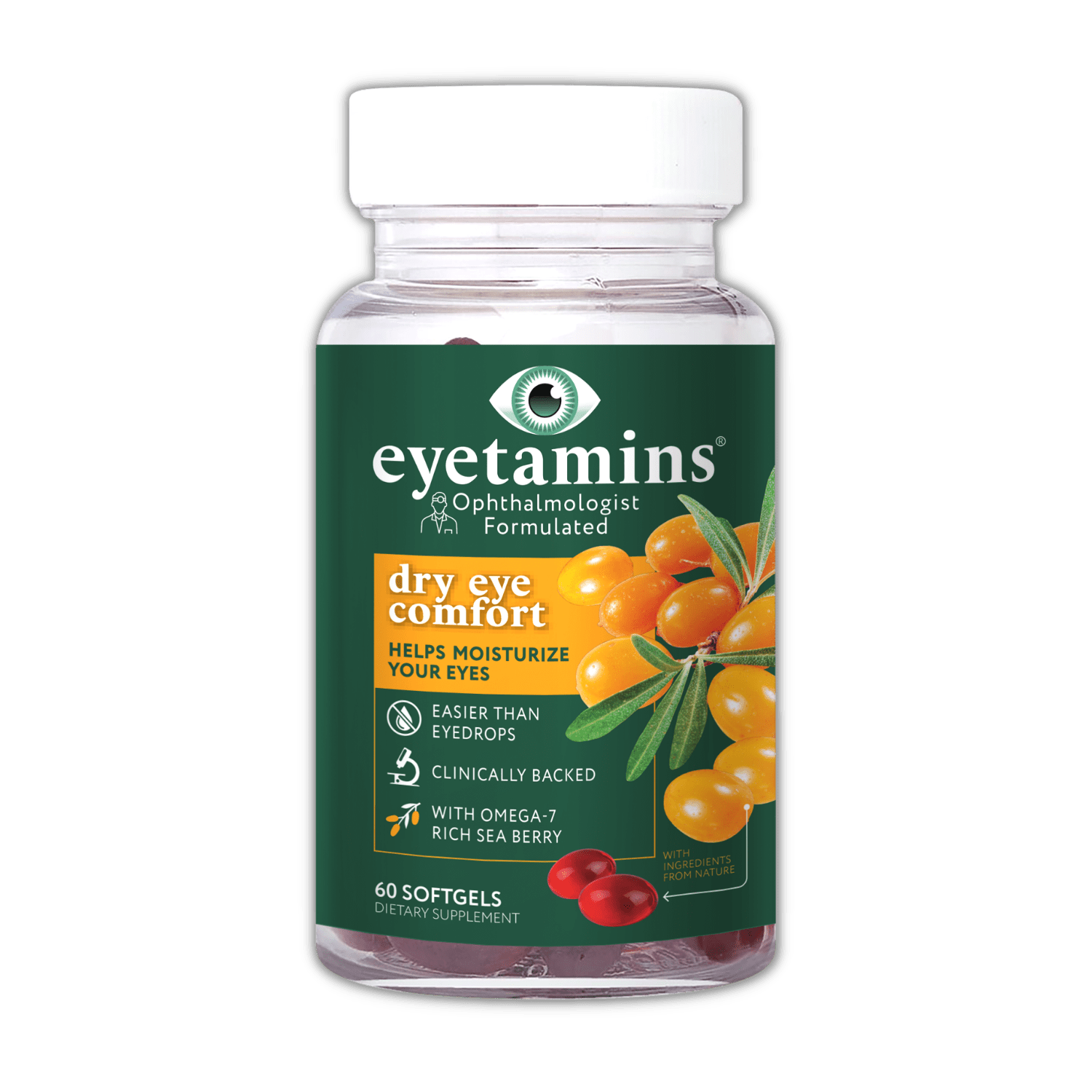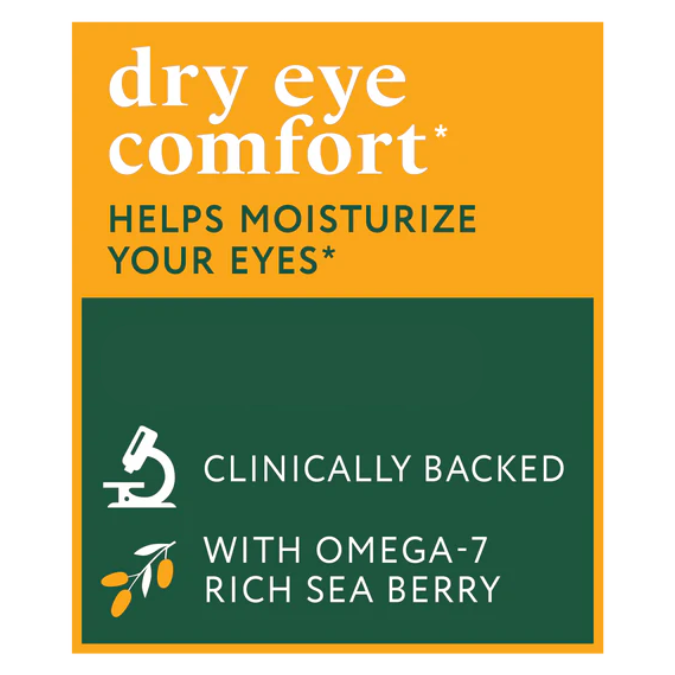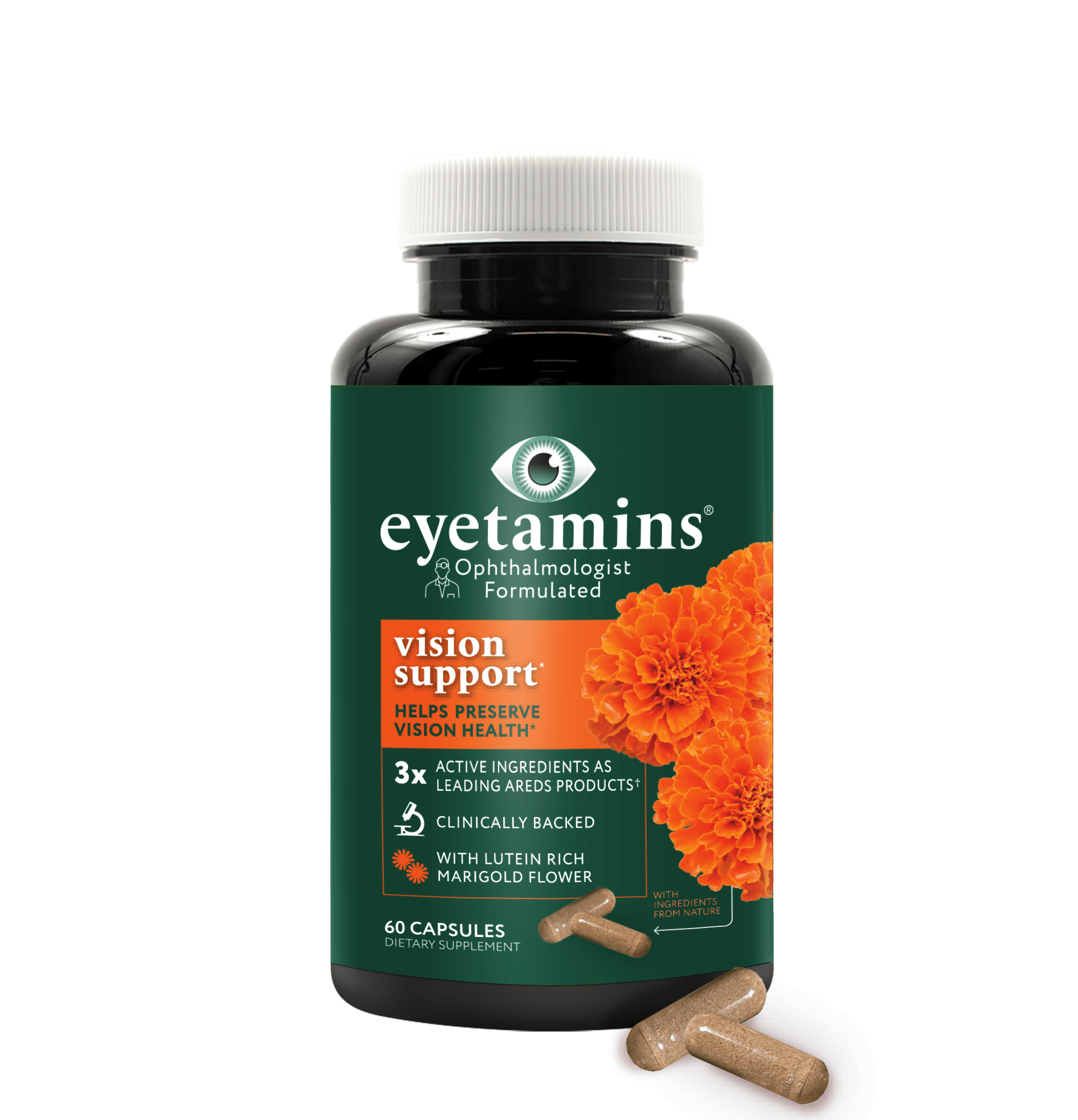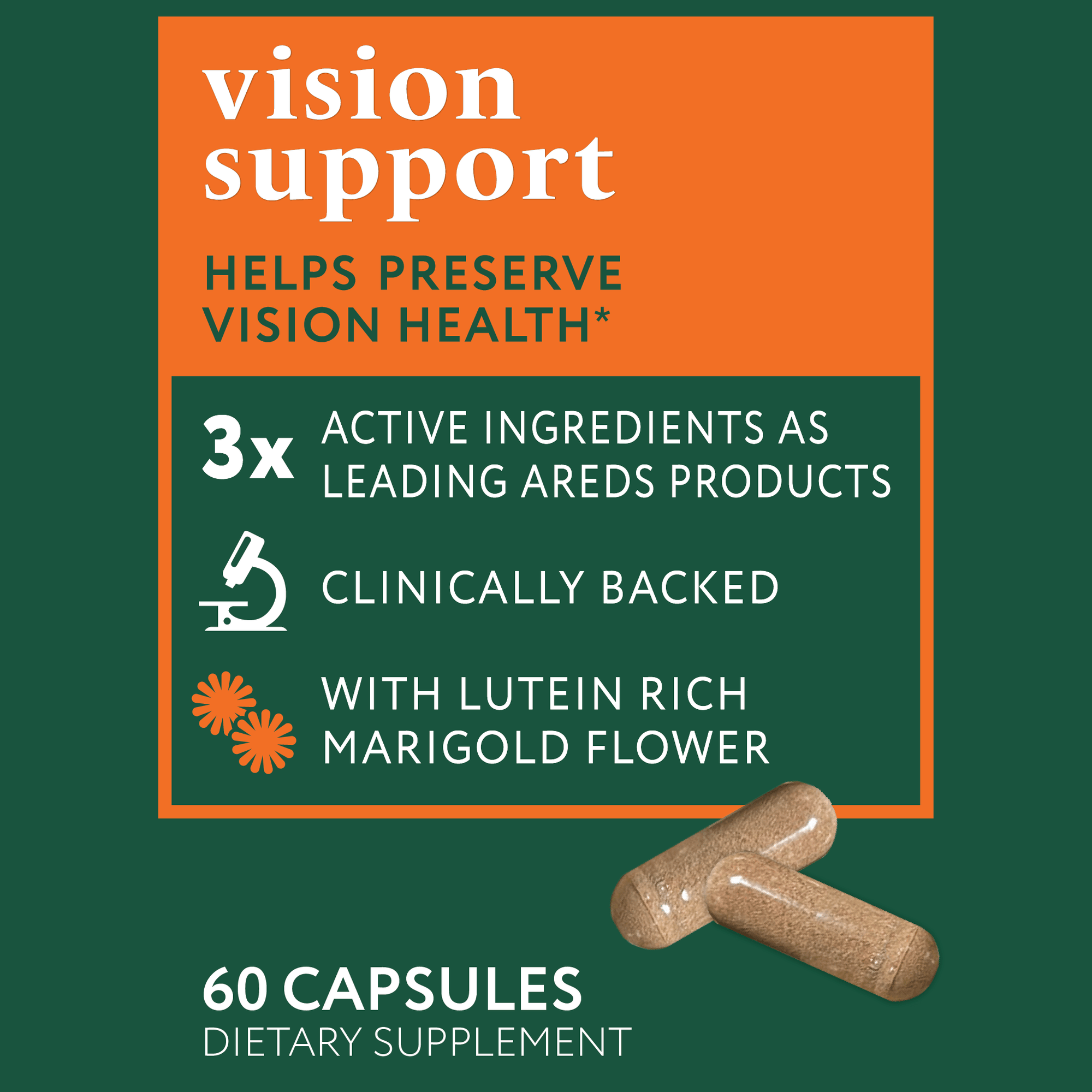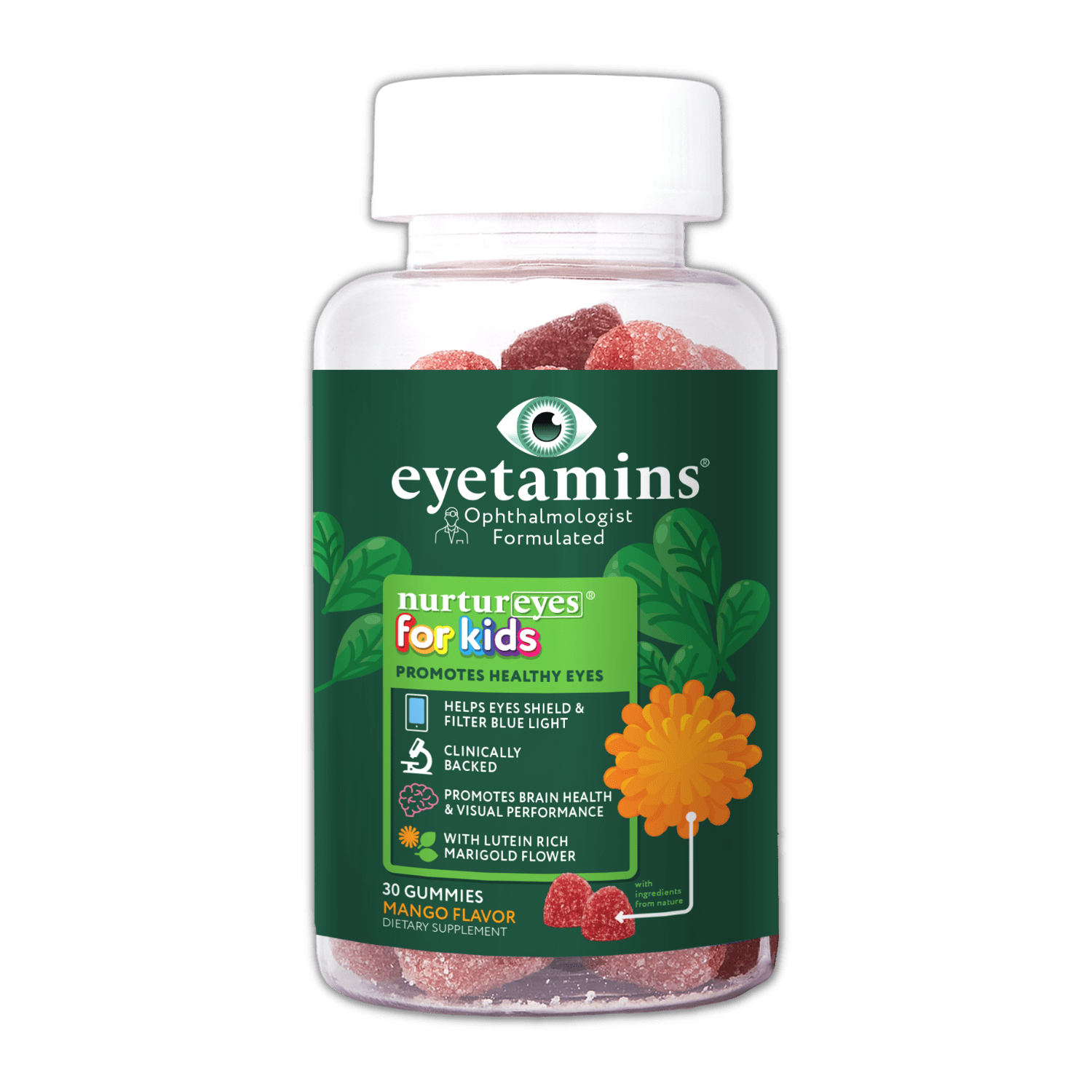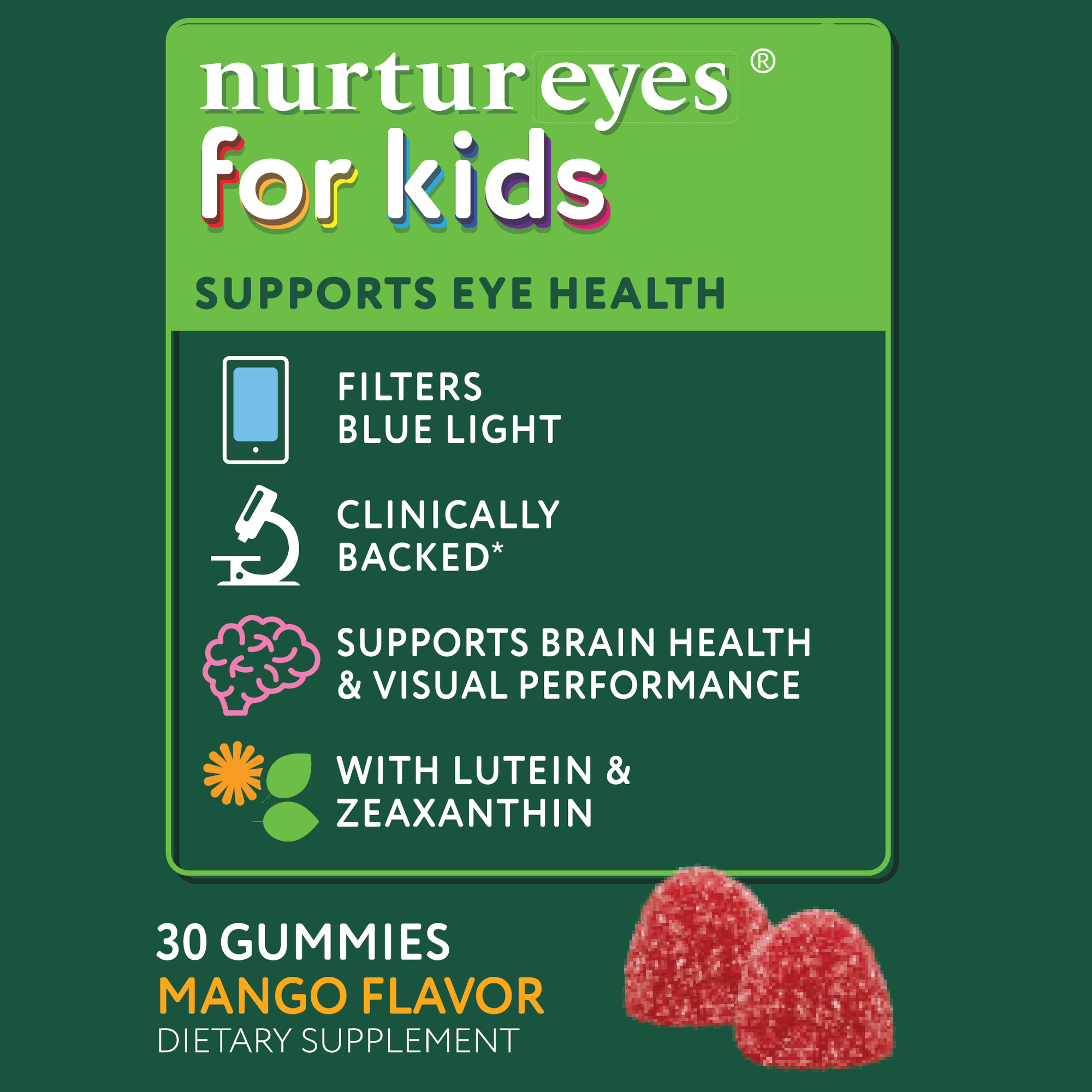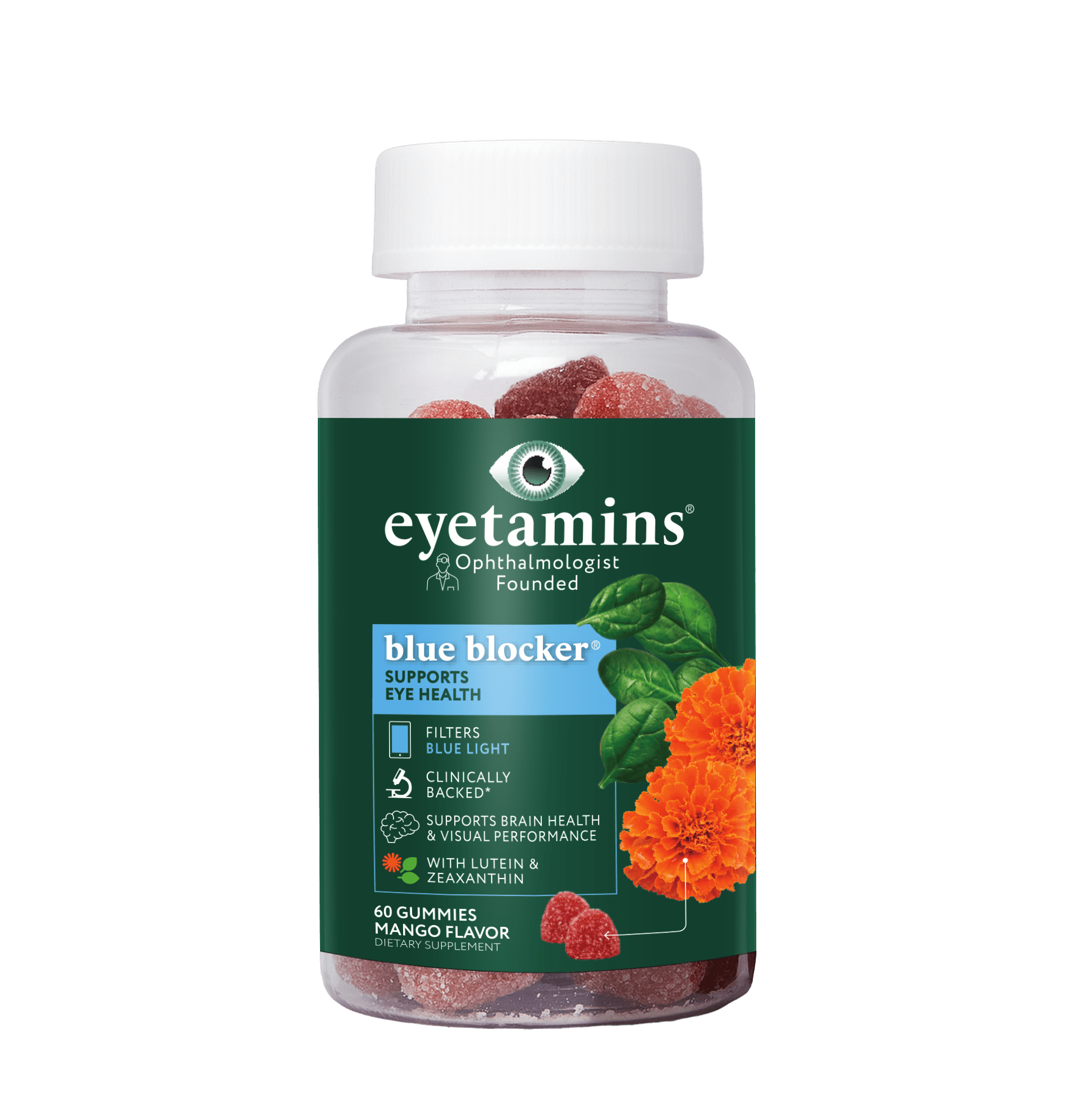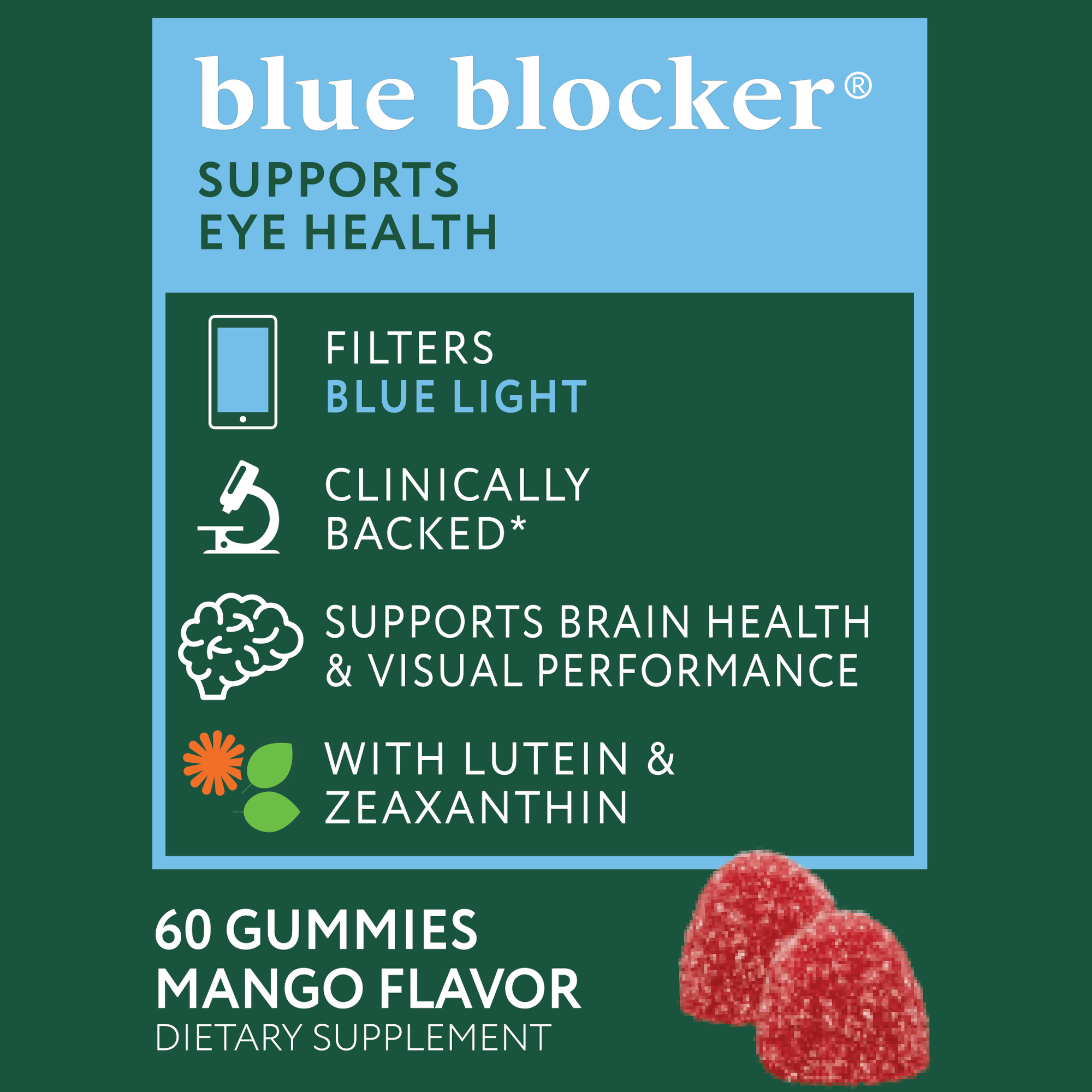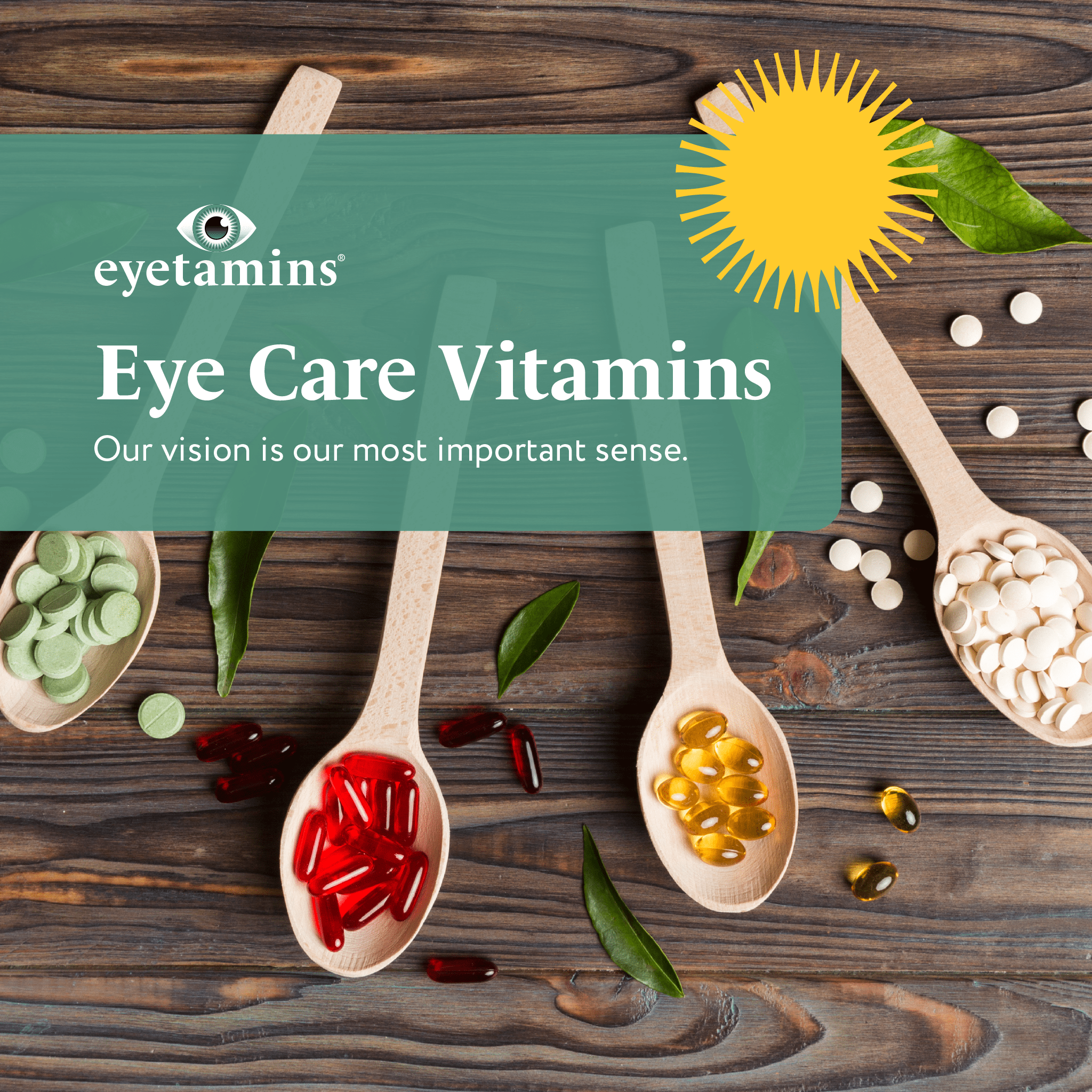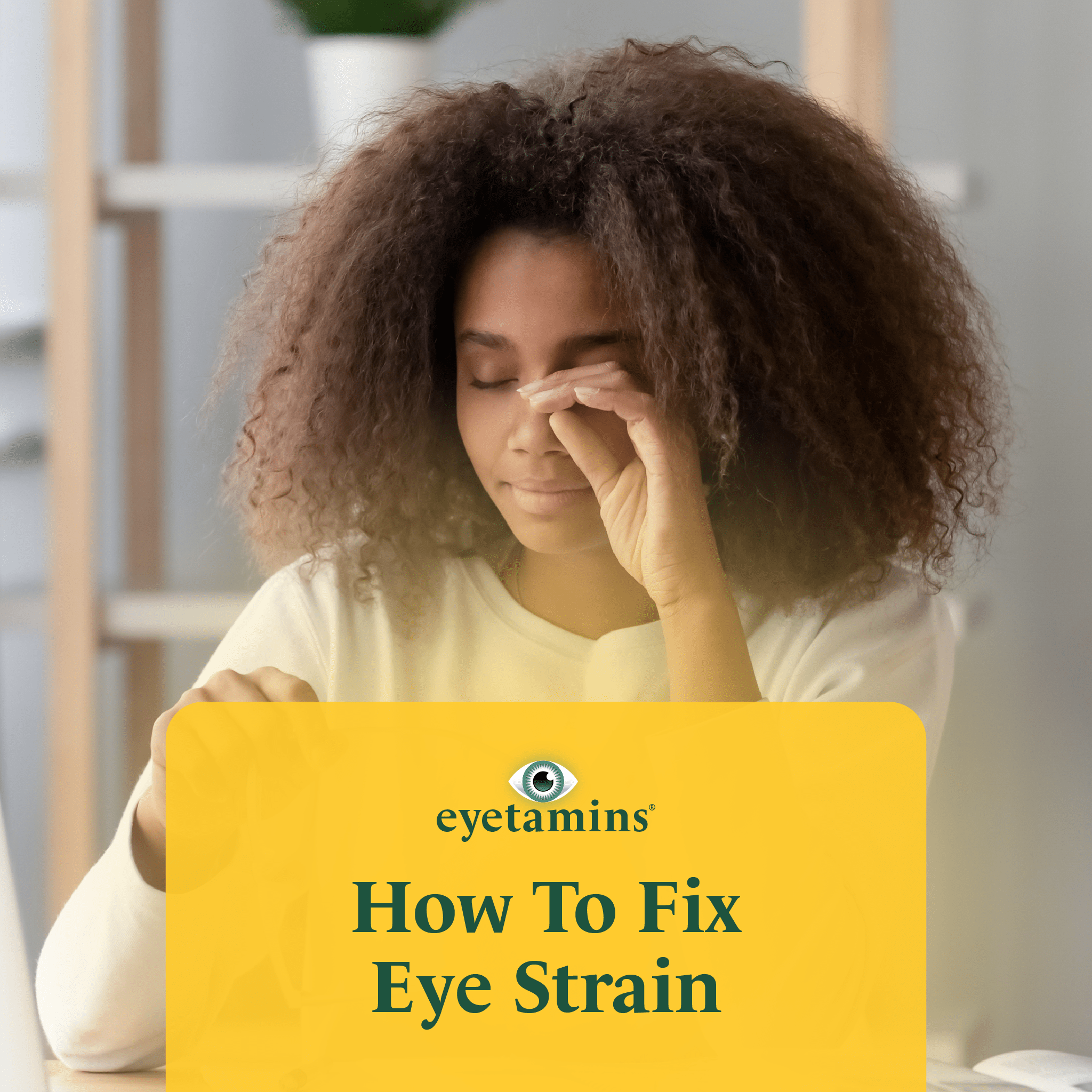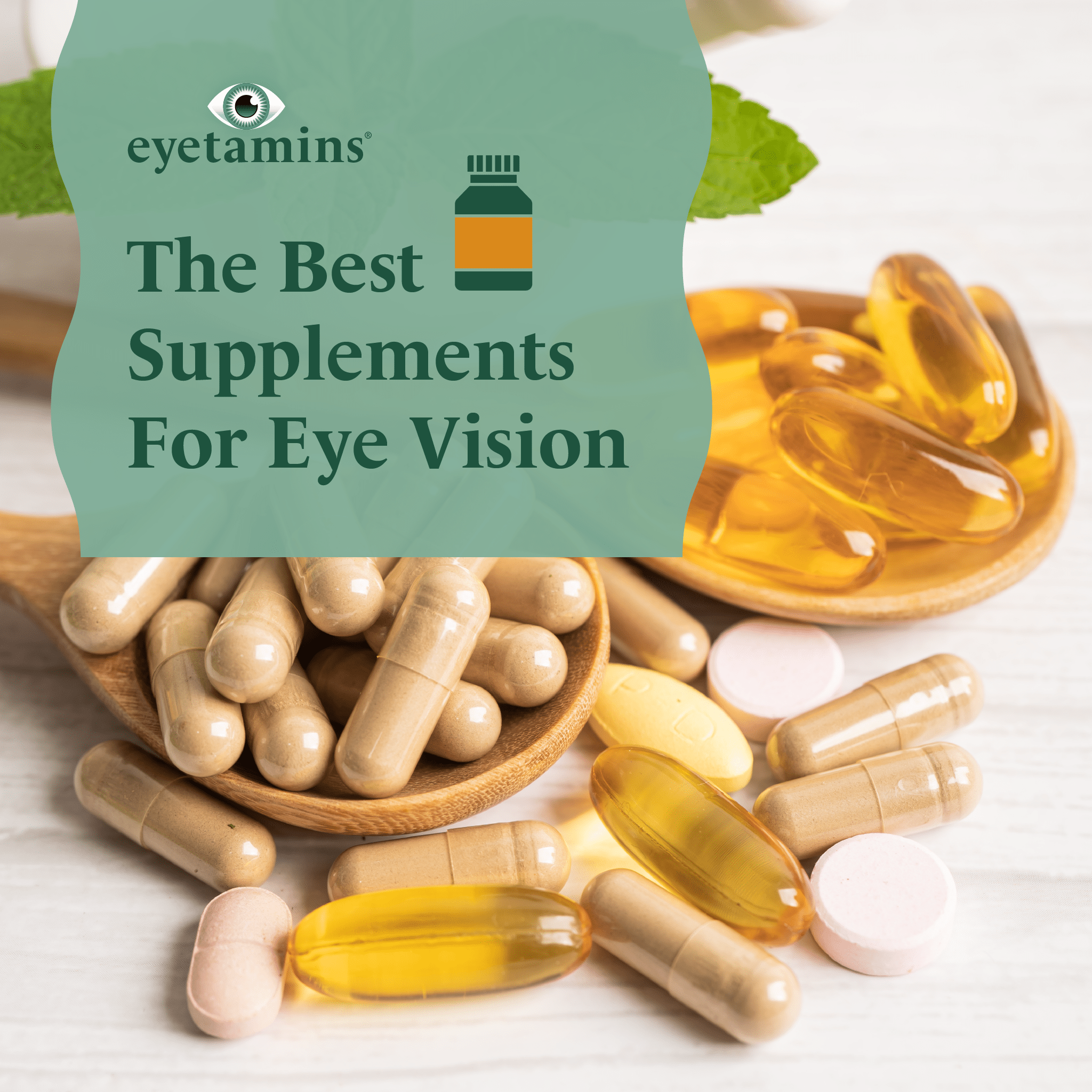· By Dr. Kaushal M. Kulkarni, M.D.
10 Easy Ways to Prevent Dry Eyes
Stinging and burning, never-ending mucus, and extreme light sensitivity – is there anything worse than dry eyes? According to the National Eye Institute, dry eyes affect millions of Americans and is one of the most common eye afflictions.
Though things like eye drops and warm compresses can provide temporary relief, those most affected often wonder how eye dryness can be prevented in the first place. In this article, we break down the most common causes of dry eyes, plus offer a list of easy ways to prevent your eyes from drying out.

Common Causes of Dry Eyes
Dry eye syndrome, or tear dysfunction syndrome, occurs when something disrupts your eyes’ tear film – that is, the three layers of fatty oils, aqueous fluid, and mucus that keep your corneas lubricated, bright, and clear of dust. Disruptions in the tear film are caused by all sorts of factors, including hormone changes, allergies, certain autoimmune diseases, and blepharitis (inflamed eyelid glands). These causes and others ultimately trigger one of the two things that dries out the eyes: decreased tear production and increased tear evaporation.
1. Decreased Tear Production
Known officially as keratoconjunctivitis sicca, decreased tear production occurs when the eyes aren’t able to produce enough tears, or aqueous fluid (water). This can be caused by:
-
Aging, including age-related eye conditions like glaucoma
-
Hormone changes, including menopause
-
Sjogren’s Syndrome
-
Medical conditions like lupus, rheumatoid arthritis, allergic eye disease, and scleroderma, among others
-
Some medications, including antihistamines, antidepressants, birth control, and some ointments
- Corneal nerve desensitivity after eye surgery or as the result of wearing contact lenses
2. Increased Tear Evaporation
On the edges of your eyelids are small glands called meibomian glands. When these glands become clogged with the oil film they produce, tears evaporate too quickly, and the eyes dry out. Main causes of increased tear evaporation include:
-
Infrequent blinking, like that which is caused by concentrating on a computer screen or a disease like Parkinson’s Disease
-
Eye allergies
-
Vitamin A deficiency
-
Dry, deserty climates, or wind, smoke, or cigarette smoke
- Preservatives found in over-the-counter eye drops
10 Easy Ways to Prevent Dry Eyes
Though it’s never a bad idea to see an eye doctor for an eye exam, here are 10 easy home remedies for preventing dry eyes.
1. Avoid Windy Spaces With Lots of Moving Air
Moving air speeds up the evaporation process, and rids your eyes of important moisture. Avoid being outside on windy days, and wear glasses or sunglasses when being inside isn’t possible. When you’re indoors, turn off fans and avoid aiming your hair dryer directly into your face.
2. Warm Compresses
Eyes need water, oil, and mucus in order to make tears, and keep your eyes clean and lubricated. If your oil-making glands are prone to blockage, then ophthalmologists recommend routinely warm soaks or compresses to your eyelids to prevent the flakes and inflammation that causes clogs. Start by resting a warm damp washcloth over your eyes for one minute.
This will bring down inflammation and loosen any clogged oils. Next, gently press the edges of your eyelid with your fingertips to help remove any clogs. Finally, wash your eyelids with a mild soap or baby shampoo. Massage the closed eye near the lashes, then rinse thoroughly. You can also get a ready-made microwaveable compress from the drugstore or most online retailers.
3. Stay Away From Cigarette Smoke
Smoke is a major cause of dry eye syndrome, so it is important to stay away from smokey environments as best you can. If you smoke, this might be another good reason to break the habit.
4. Rest Your Eyes Periodically
Screen time and frequent reading tend to dry out our eyes because they cause us to blink less in concentration. When you are reading, watching television, or working on a computer screen, close your eyes for 20-30 seconds every 15 minutes or so in order to allow your eyes to remoisturize.
5. Use a Humidifier
Using a humidifier during the colder months can help to add moisture to dry indoor air. If your eyes are drying out while at home, you can also put a small bowl of water near your heater, or install an air cleaner that filters dust.
6. Use Eyewear
When you’re outdoors, glasses (as opposed to contacts) and wraparound sunglasses can protect against sun, wind, smoke, and dust – all things that increase tear evaporation and dry out eyes.
7. Be Liberal With the Eye Drops
Over-the-counter eye drops meant for the lubrication of the eyes can be a handy thing to keep with you. If your eyes are stinging, burning, or feeling scratchy – the main symptoms of dry eye – then drop a few eye drops into them. Just be aware that for some people, the preservatives in store-bought eye drops can worsen dryness.
8. Add a Supplement to Your Diet
Studies have shown that those with chronic dry eyes can find some relief when they focus on incorporating omega fatty acids into their diet. Eating flax seeds and oily fish is a good way to get omega-3 naturally, though a daily supplement is just as effective.
9. Try Sea Berry
Though communities in Asia and Eastern Europe have been using sea berry (also known as sea buckthorn) for centuries, it is still a lesser-known nutraceutical here in the West. Sea berry is packed with antioxidants, linoleic acid, and α-linoleic acid, all of which have been found to be beneficial for dry eyes. A daily supplement such as Eyetamins Dry Eye Comfort makes reaping the benefits of sea buckthorn easy and convenient.
10. Increase Your Water Intake
If your body doesn’t take in water, then it cannot make water (tears). Drinking plenty of water (about 8-10 glasses) each day can help avoid dehydration.
People Also Ask
1. Are artificial tears good for dry eyes?
Artificial tears are eye drops that temporarily lubricate dry eyes. For most, over-the-counter eye drops provide the right relief, but some people will find stronger, prescription eye drops to be necessary. Some less expensive drops also contain preservatives, which will worsen dry eyes in those who are allergic.
2. How do you treat dry eyes without artificial tears?
Omega supplements, a humidifier, castor oil eye drops, and a warm damp cloth held over the eyes are all-natural treatments for dry eyes.
3. How can I hydrate my eyes quickly?
The fastest way to hydrate your eyes is to use artificial tears, or eye drops. If that is not possible, then you can rest a warm damp cloth over your eyes for 5-10 minutes, or massage your eyelids with baby shampoo or another mild soap.
4. How do I prevent dry eyes?
The best way to prevent dry eyes is to avoid dry environments like high-altitude locations, airplanes, deserts, and places with a lot of cigarette smoke. A humidifier during the winter and sunglasses worn outdoors can also protect against chronic dry eye, as can drinking 8-10 glasses of water each day.
Conclusion
Dry eye syndrome is incredibly uncomfortable, yet is one of the most common eye afflictions. A number of things can cause dry eyes, including the environment, medications and diet, and simply getting older. Fortunately, there are steps one can take to effectively prevent dry eyes.
While some of these steps, like avoiding dry climates or staying away from cigarette smoke, might require a major lifestyle change, other steps, such as taking supplements or routinely washing your eyes, are much simpler.


